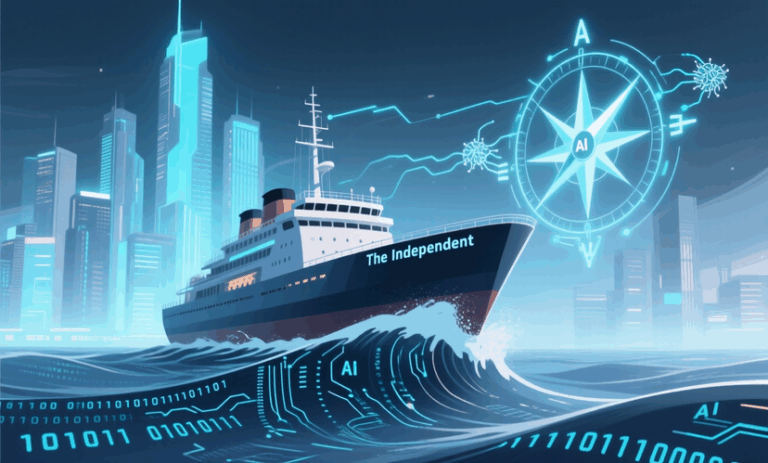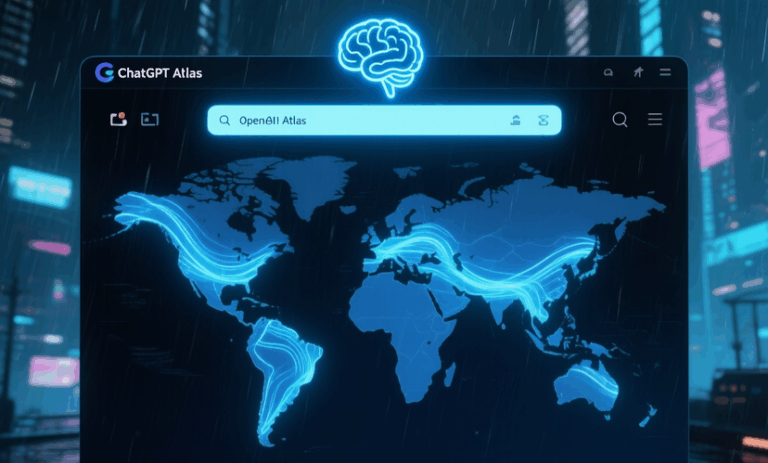
OpenAI has taken a significant stride beyond its widely acclaimed chatbot platform by unveiling ChatGPT Atlas, a web browser powered by generative AI. This innovation signals a transformative shift in how we might interact with the internet, blending the intelligence of advanced language models directly into the browsing experience. The release of Atlas is not just another browser launch; it represents an ambitious challenge to the dominance of established players like Google Chrome.
ChatGPT Atlas integrates AI capabilities deeply into everyday web navigation, enabling users to receive context-aware assistance, summarize content, generate insights, and interact with sites in unprecedented ways. Unlike traditional browsers that focus mainly on speed and compatibility, Atlas centers on intelligence, aiming to make web exploration more intuitive and productive. This AI-first approach could redefine browsing by transforming passive page visits into interactive, insightful sessions.
The introduction of Atlas raises important questions about the future of web browsers. Chrome and other popular browsers have long focused on open standards and performance enhancements, but OpenAI’s strategy introduces a new paradigm where the AI layer adds value and functionality. This could compel incumbents to innovate more aggressively or even integrate AI features natively, leading to a more competitive and dynamic browser ecosystem.
From a broader perspective, ChatGPT Atlas illustrates how AI is permeating core digital tools, signaling a trend where intelligent assistance becomes inseparable from fundamental user interfaces. By embedding generative AI directly into browsing, OpenAI is not only enhancing convenience but also paving the way for smarter digital interactions that anticipate and cater to user needs seamlessly. This integration might soon become a standard expectation rather than an optional feature.
In conclusion, OpenAI’s ChatGPT Atlas represents more than a new web browser—it’s a glimpse into the future of online engagement where artificial intelligence is a fundamental companion rather than a supplementary tool. As the browser landscape evolves with AI-centric innovations, users stand to benefit from richer, more interactive experiences that amplify their productivity and understanding. How other companies respond will determine whether AI-driven browsers become the mainstream gateway to the internet in years to come.



